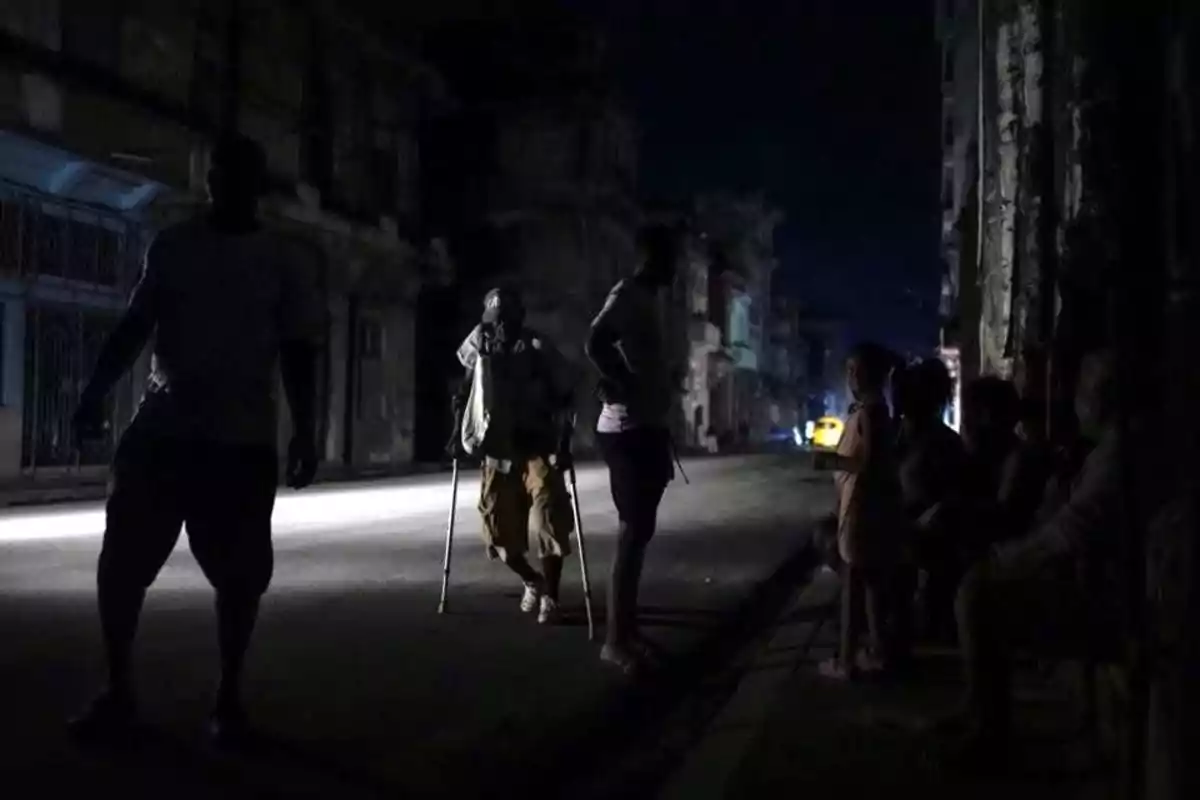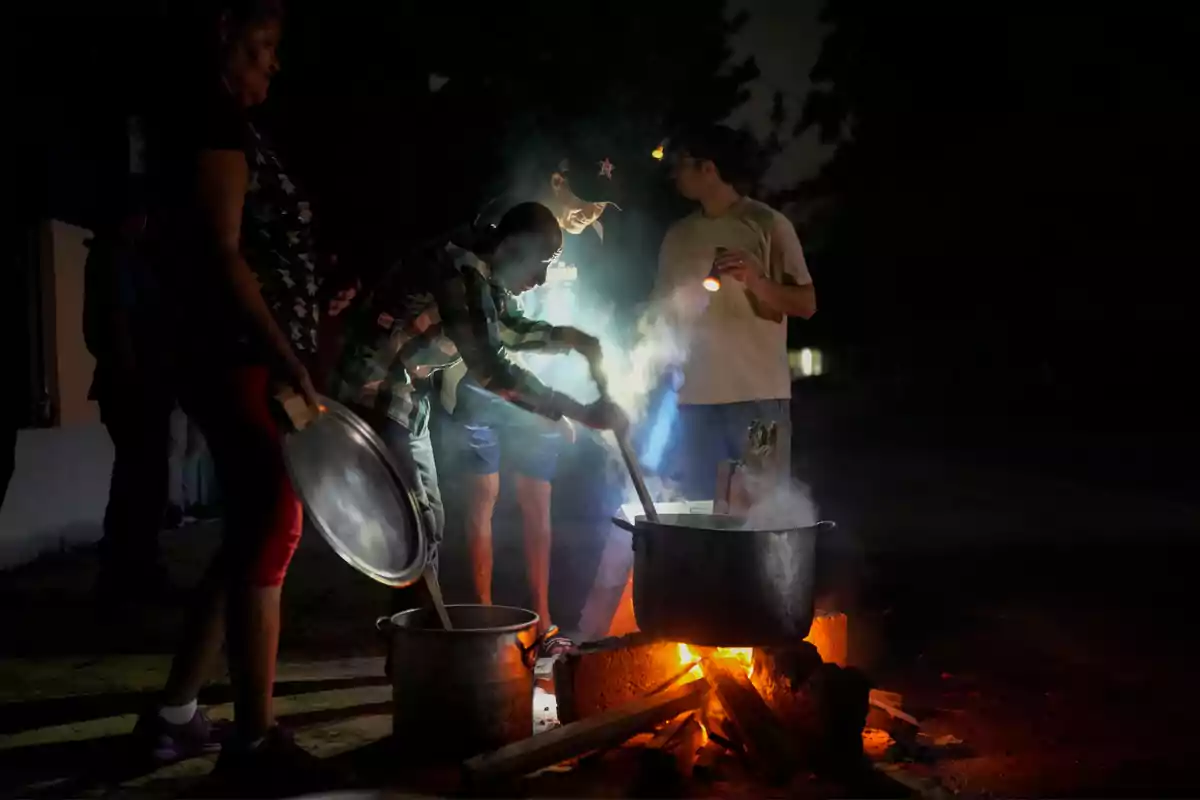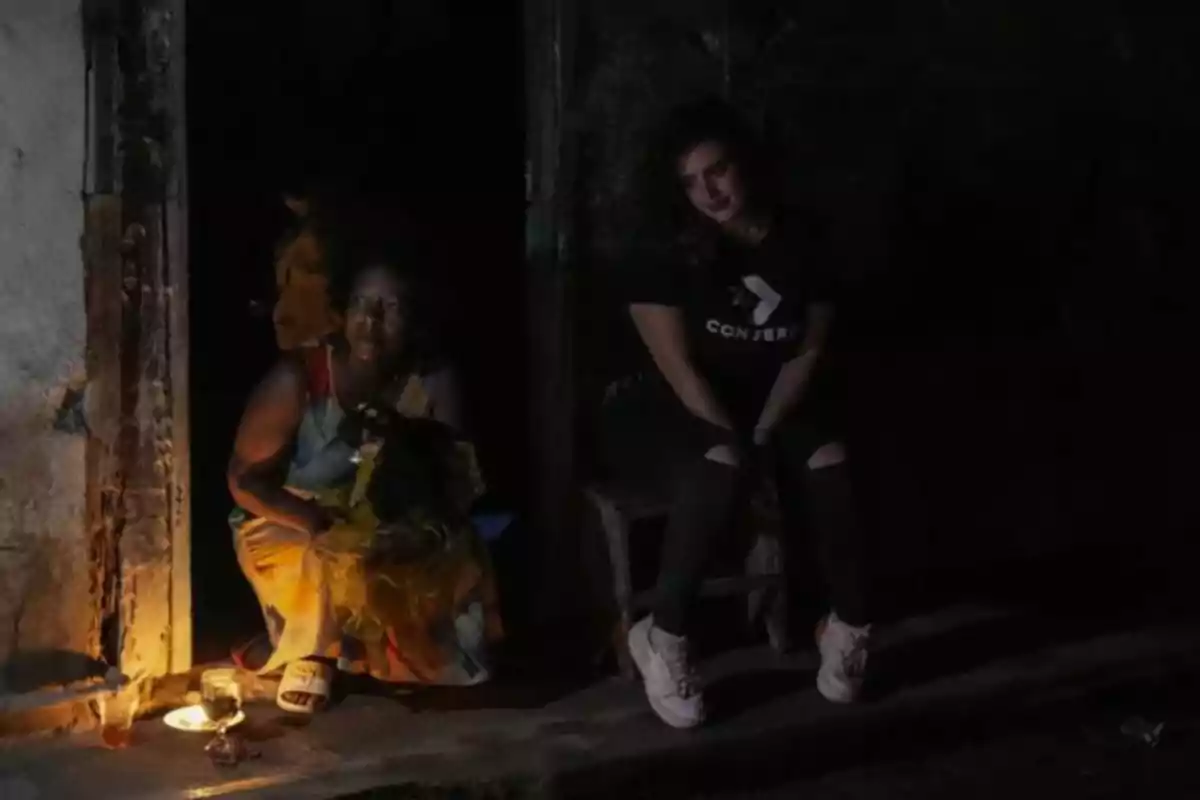
Cuba Sinks Into Energy Crisis: Blackouts of Up to 20 Hours Hit the People
Havana, generally shielded from the worst blackouts, has experienced power outages of up to 10 hours and in rural areas up to 20 hours.
Cuba Faces an Energy Crisis That Has Led to the Suspension of Non-Essential Work and Educational Activities. The Minister of Labor and Social Security, Marta Elena Feito Cabrera, announced the measure for February 14 and 15. Seeking to reduce electricity consumption and mitigate the blackouts affecting the population.
The Cuban Electric Union reported that only six of the 15 thermoelectric plants are operational. The fuel shortage prevents the use of backup diesel generators.
This Situation Has Caused the Most Significant Blackouts Since Last Year's Electrical Grid Collapses. Affecting the entire nation and generating concern among citizens.

Havana, generally shielded from the worst blackouts, has experienced power outages of up to 10 hours. In rural areas, blackouts can last up to 20 hours daily. These outages increase anxiety in a population already affected by shortages of food, fuel, and medicine, leading to significant emigration of Cubans.
The Cuban Government Attributes the Difficulties in Maintaining Its Electrical Grid to the United States Trade Embargo. Additionally, the strict sanctions imposed by the Trump administration. However, experts point out that the crisis is also due to the poor state of the electrical infrastructure and reliance on fossil fuels.
The energy crisis has worsened in recent months, with widespread blackouts affecting more than half of the population. The government has declared an "energy emergency" and has prioritized electricity supply to hospitals and food centers, while schools and cultural activities have been suspended.
In addition to the suspension of activities, the government has implemented other measures to address the crisis, such as reducing working hours and promoting energy savings in households. However, these actions have not been sufficient to alleviate the situation, and the population continues to face daily difficulties due to prolonged blackouts.

The energy crisis has also had a negative impact on the Cuban economy. Which contracted by 1.9% in 2023 and showed no growth in 2024. The government forecasts a modest growth of 1% for 2025, but the outlook remains uncertain due to persistent problems in the energy sector.
The international community has offered help to mitigate the crisis. Mexico, for example, has offered technical assistance and fuel shipments to support the recovery of the Cuban electrical system. However, the situation remains critical, and long-term solutions are needed to ensure energy stability on the island.
The Cuban Population Faces Significant Challenges Due to the Energy Crisis, and Many Have Chosen to Emigrate in Search of Better Living Conditions. It is estimated that one in ten Cubans has left the country between 2022 and 2023, mainly to the United States. Especially in response to the difficult economic and social situation.
More posts: